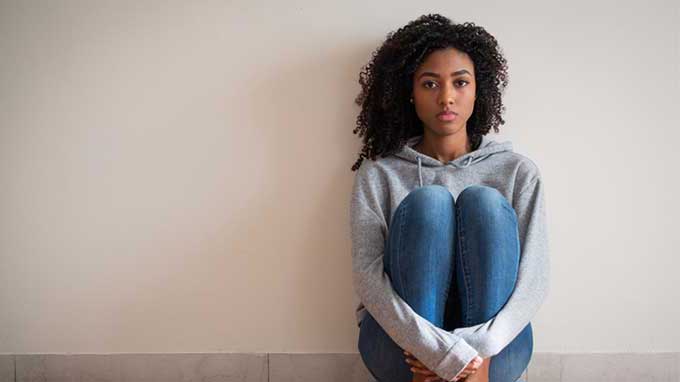Research In Action
Research In Action
Breadcrumb

Moderator's Note: This blog is authored by Ashlee Murray, MD, MPH, an Emergency Medicine Physician at CHOP and a Fellow with CHOP’s Violence Prevention Initiative; Jessica Palardy, MSW, the STOP IPV supervisor at Lutheran Settlement House in Philadelphia; and Melissa Dichter, PhD, MSW, an Associate Professor in the School of Social Work at Temple University and Associate Director of the VA Center for Health Equity Research and Promotion. Dr. Murray, Ms. Palardy, and Dr. Dichter are Fellows of the Robert Wood Johnson Foundation Interdisciplinary Research Leaders Program. A selection from the piece is included below; please click here to read the original post in its entirety on KevinMD.
As the coronavirus pandemic spreads across the country, states are mandating “stay at home” orders; and with these orders comes further social isolation for domestic violence (DV) survivors and their families. Many recent articles highlight the potential risks for DV victims “stuck at home” with their abusers as their opportunities to seek help and support are dwindling. With only ‘essential’ businesses, such as grocery stores, gas stations, and hospitals, still open, survivors have fewer places to go and fewer chances to interact with others and receive services, creating even further social isolation. In addition, as nonessential businesses begin to close, unemployment rates continue to climb, potentially increasing stress in relationships and survivors become more financially dependent upon their abusers.
Surprising to many, however, domestic violence survivors have been experiencing #socialdistancing long before the hashtag was trending. As a matter of fact, perpetrators of domestic violence more often than not utilize social isolation as part of their power and control cycle. Isolation can start subtly and quickly escalate until a survivor’s only interactions are with their abuser. Survivors can find themselves feeling alone and detached from people in their lives, feeling anxious and uncertain about their future, having difficulty concentrating, making simple decisions, and even developing depression and/or depressive symptoms.
So, what can we do?
Healthcare providers and others on the front lines in healthcare are critical – both for managing the virus spread and symptoms but also for helping those experiencing domestic violence. The healthcare setting may be the first place that a DV survivor encounters information about services and can receive help – this factor is heightened in a time when all other public services and programs and places are closed. It is even more critical than ever that as a healthcare community we do not forget about the social needs of our community. It is critical that we continue to screen for and address domestic violence in all healthcare settings. Survivors who have learned about DV services through healthcare settings tell us that they hadn’t previously known that such services existed, that they benefitted from receiving support and navigation through the healthcare system.

